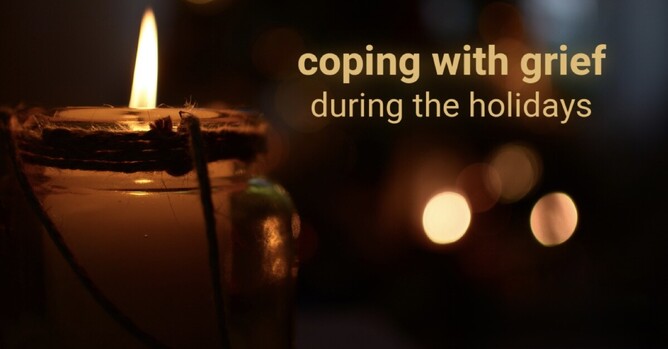Grief is an incredibly complex and personal experience. When someone loses a loved one, the pain can be overwhelming, reshaping their world. However, there’s a crucial distinction between mourning a loss and allowing that grief to dominate your life indefinitely, especially to the point of influencing the well-being of others around you.
I recently encountered a woman who exemplified this struggle. She had lost her husband five years ago—a deeply tragic event, no doubt. Yet, the years since seemed to have left her stuck in a cycle of sorrow. Her demeanour made it difficult for anyone in her company to enjoy themselves without feeling guilty for doing so. Her grief wasn’t just hers anymore; it had become a cloud that cast a shadow over those she interacted with.
This encounter led me to reflect on the nature of grief and the responsibility we carry—not only to ourselves but to others—as we navigate it.
Grief Is Valid, but It’s Not Forever
When we lose someone, we love, the grief can feel endless, and in many ways, it is something we carry for the rest of our lives. However, there’s a difference between carrying grief as part of your story and allowing it to define your story entirely.
Grieving doesn’t come with a timeline, and no one has the right to dictate how long someone should feel sad or miss the person they’ve lost. However, after a certain point, it becomes important to ask:
• Is this grief helping me honour my loved one’s memory?
• Would my loved one want me to live the rest of my life in sadness?
Most people who have passed on would want us to find joy again. They wouldn’t want their memory to be the reason we isolate ourselves or make others uncomfortable.
The Ripple Effect of Unresolved Grief
When grief is held onto too tightly, it can manifest in ways that affect more than just the person experiencing it. In the case of the woman I encountered, her pain seemed to transform into resentment toward others who dared to be happy around her.
This is a form of control, even if unintentional. By expecting others to adjust their emotions to match your grief, you inadvertently project your sorrow onto them. This isn’t fair to those who care about you, nor is it fair to yourself. It isolates you further and can strain relationships.
Grief can make us feel like the world stopped the day we lost someone, but for everyone else, life continues. Allowing others to experience joy in your presence isn’t a betrayal of your loved one—it’s a sign of healing and acceptance.
Honouring the Departed by Living Fully
One of the best ways to honour those we’ve lost is by living a life they’d be proud of. Ask yourself:
• Would they want me to smile again?
• Would they want me to find new reasons to laugh, love, and celebrate?
• Am I keeping their memory alive in a way that brings light, not just sadness?
When we hold onto grief too tightly, we risk missing the beauty and connections still available to us. It’s not about forgetting the person we’ve lost; it’s about remembering them in a way that inspires us to live, not to retreat into sorrow.
How to Move Forward Without Letting Go
If you find yourself—or someone close to you—struggling with prolonged grief, consider these steps:
1. Acknowledge the Pain: It’s okay to feel the loss and recognize its impact on your life. Suppressing emotions isn’t the answer.
2. Seek Support: Grief counselling or support groups can provide a safe space to process feelings.
3. Find a Way to Celebrate Their Life: Create rituals or traditions that honor their memory in positive ways, like planting a tree, celebrating their birthday, or supporting causes they cared about.
4. Practice Gratitude for the Present: Focus on the joys and connections you still have and allow yourself to embrace them fully.
Closing Thoughts
Grief is a universal experience, but how we respond to it shapes our lives and relationships. It’s natural to miss those we’ve lost, but living in perpetual sadness doesn’t serve their memory—or your own well-being.
Remember: your loved ones wouldn’t want you to spend your life in mourning. They’d want you to find happiness again, to laugh and love, and to make the most of the time you have left. Honour them by living fully, not by stopping time in the shadow of their loss.


